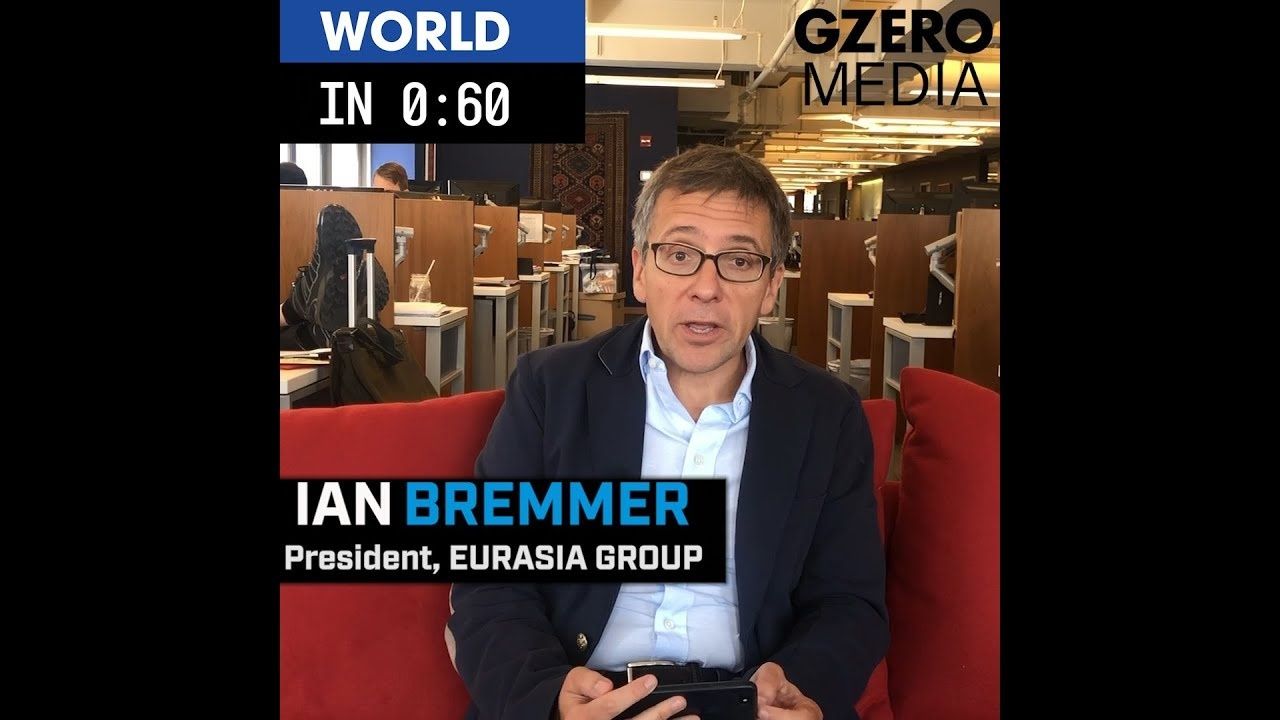
Are Xi and Putin in a new superpower bromance?
No. No, they're not. They both dislike the West and the United States for different reasons. But China is actually aligned with global stability. They see themselves as increasingly the world's new superpower. The Russians are in decline. They are angry at the United States. They are revisionist and want to break things internationally. Plus they don't really trust each other so over time that relation becomes more challenging.
Will President Trump impose tariffs on Mexico?
Well he says he's going to but the Mexicans are not taking the bait. They're going to do everything possible to try to come up with a deal on immigration. Make Trump feel like they're listening. They get hurt massively if the Americans put tariffs on them much more vulnerable than the Chinese are. Maybe you get the 5 percent. I'd be really stunned if we actually move towards the 25 percent. I think we'll get through this.
Is this the end of Netanyahu?
It's real close. I mean you're now going to have a prime ministerthat has to run again in elections and this time around he's going to be sitting with an indictment on him. He's not going to be able to push that off. He has undermined a lot of his own coalition party members by offering, when he was you know really concerned, cabinet positions for the left even. I think he's burned a lot of bridges. I think it's going to be harder for Netanyahu to do well come September.